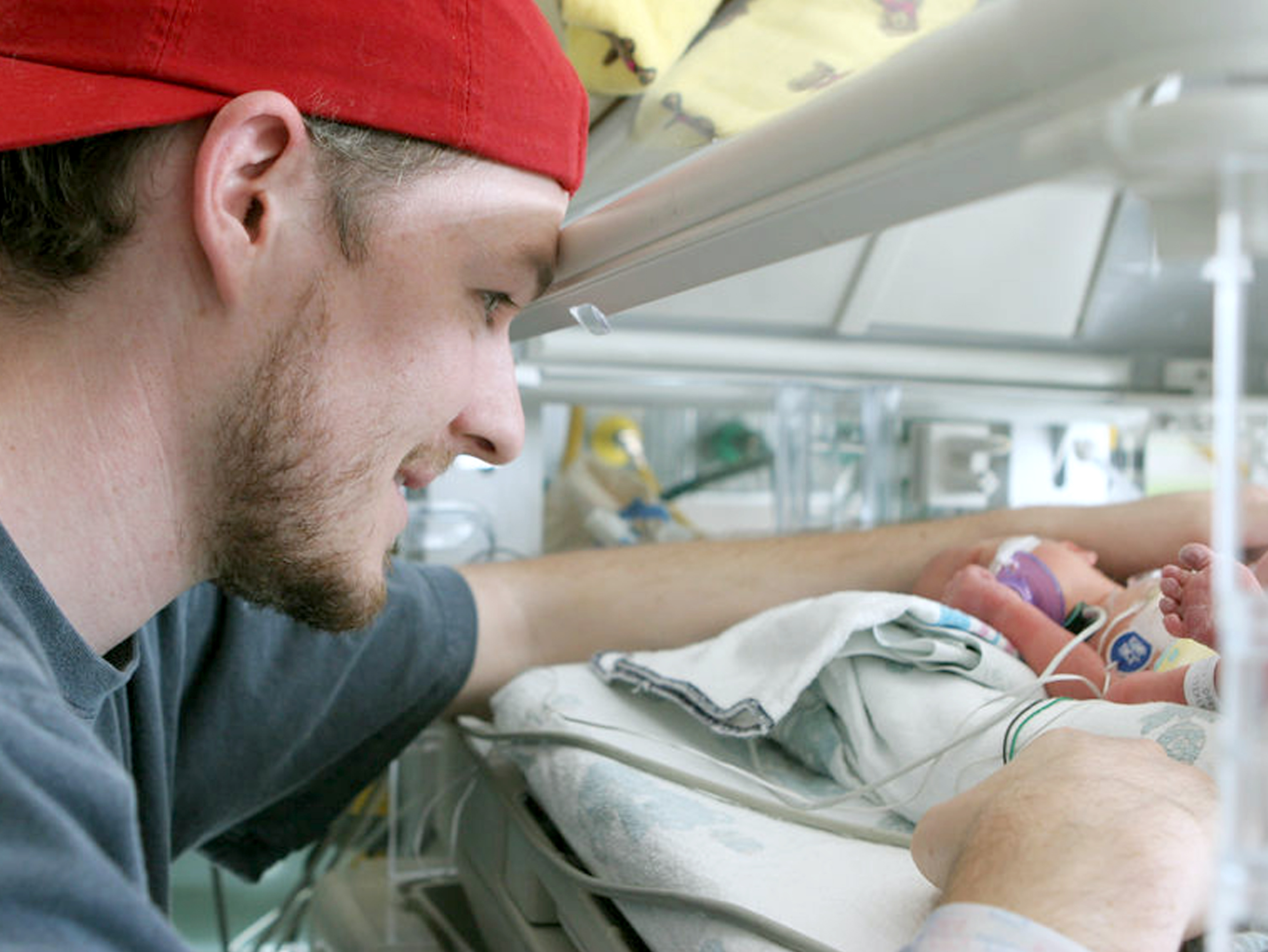Premature babies are typically more vulnerable to infections because their immune systems are immature. The lack of antibodies and immunity in a premature baby's immune system means they can't fight off bacteria, viruses or fungi in the same way that full-term babies may be able to.
The immune system
The immune system is made up of special cells, proteins, tissues, and organs that defend against infections caused by foreign micro-organisms such as bacteria, viruses, or fungi that do not belong in the body. Over time, the immune system is exposed to different bacteria, viruses, and fungi, and develop antibodies to respond to these invading organisms and develop immunities to their effects. For example, children often are exposed to the virus that causes chicken pox. After the first infection, the child’s immune system will develop antibodies and therefore immunity, and if exposed to the same virus again, the child will not get chicken pox again. At birth, the premature baby will not have a well-developed immune system and exposure to new organisms will place the baby at risk for infection.
Usually, a mother's antibodies cross through the placenta during the third trimester of pregnancy. This give the newborn some immunity to diseases that it has not yet been exposed to in the outside environment. Because premature babies miss either some or even all of the third trimester, much less of the mother's immunity is transferred to the baby before birth. This makes premature babies more vulnerable to infection once outside the womb.
Additionally, the premature baby’s immune system may have difficulty producing the necessary cells and proteins that make up the components of the system. For example, white blood cells and antibodies are an integral part of the immune system, and a premature baby may be inefficient at producing these cells and proteins.
Infection
Infection takes place when foreign organisms, such as bacteria, viruses, or fungi, invade the body, or an organism that occurs normally on the body becomes infectious because of decreased immunity of the baby. Infection in a premature baby can come from many sources including the womb, the birth canal, or the Neonatal Intensive Care Unit (NICU) environment. Infection may affect some or all parts of the body, and can have varying degrees of severity. In general, the body responds to infection with inflammation and attempts to destroy the foreign organisms with white blood cells (WBCs) and antibodies. The premature baby may not be able to produce enough WBCs and/or antibodies on their own to fight the infection. In addition, although the premature baby may have received some antibodies from their mother in the womb, since antibodies pass across the placenta, these may not be sufficient to fully fight the infection. The premature baby may become very unwell because of an infection. There may be lethargy, diminished responsiveness, fever, abnormalities with temperature control, abnormal breathing, and reduced circulation of the blood to the body.
In general, infections are treated with antibiotics. While they are very often effective, antibiotics have side effects. In addition to killing the organisms that are causing the infection, antibiotics will also kill so-called “good” bacteria in the baby’s body. This effect may allow more resistant organisms to colonize the baby’s body and cause new and more serious types of infection.
More information
- Diagnosis of infection
- Treatment of infection
